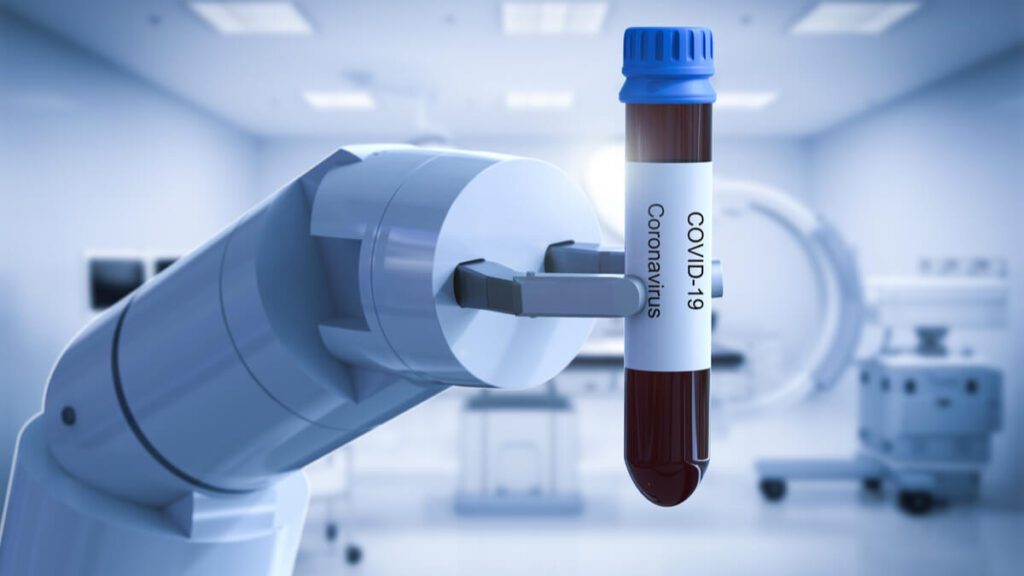
Economic recessions are pivotal times in every nation’s history. Today, the decisions made for the future of the economy and society at large will continue to unfold in response to the forming pandemic. While the crisis has prompted the need to adopt automation technology across industries, how will this shift impact our future?
Today, the pandemic has forced the accelerated adoption of digital and automated solutions for multiple pressing matters to keep society afloat. Logistics, manufacturing, education, communication and most importantly, health, are only a few examples.
There is no sugar coating the fact that some jobs will be threatened. Taxi and bus drivers as well as waiters and cashiers are among many of those who may be gradually replaced as automation becomes the norm over time. With self-driving cars entering the market and contactless money exchange solutions taking the scene, currently limited but young technologies will continue to evolve with new possibilities. Inevitably, many routine jobs will be replaced by automation technology.
Non-routine jobs on the other hand, remain unthreatened for the most part of the near to mid-term future. We do know that economies that do embrace automation become richer, as people learn to create more with less, so to speak.
Firms and businesses during an economic recession undergo transformations that change the fabric of the market itself. History shows us that giants are born out of adversity with many iconic businesses growing in response to changing consumer behaviours and demand.
What a country chooses to do as a result determines whether life improves for everyone, or whether the social divide grows.
Some do speculate, and sincerely entertain the thought of a universal basic income becoming a reality in the future as countries adapt to the rapidly changing social and economic circumstances. The pandemic has brought the adoption of automation technology closer to reality.